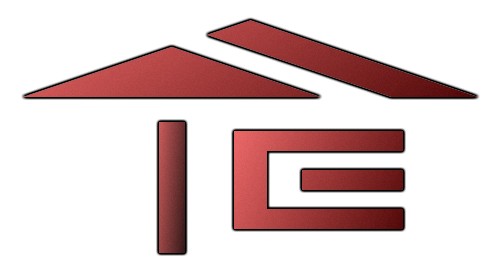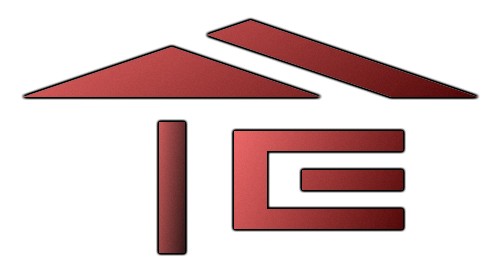WHAT ARE THE EXPENSES WHEN YOU BUY A PROPERTY IN MALLORCA?
Please note there are two different taxes depending if the property is new or not.
When buying a home, with mortgage or without mortgage, it is generally recommended to have “extra” money saved to face “additional” costs: taxes on sales, expenses of the notary, registration of property or the valuation cost.
It is advisable to have some savings close to 10% of the sales price to successfully meet these costs “added”.
When we decide to buy a home we must knowledge that we not only have to pay the house sale’s price, but also we must pay a series of mandatory expenses involved around the sale of the house.
– Taxation of the property: when applying for a mortgage to buy the house is necessary to pay a valuer to perform the valuation of the property and so the bank will know the percentage of funding granted depending on the value. The cost of the appraisal depend on the type of property, so that pricing can cost between 250 and 350 euros.
– Notary fees: Notary fees are regulated by the administration and depend on the price of the property. In the notary we must pay for two scriptures, purchase and mortgage. For example, in a 250,000 euros costs property the deeds could cost around 400 euros. If the mortgage is 175,000 euros, the mortgage deeds would be around 300 euros.
– Property register: to register the two items related to our purchase in the property registration office also has a cost. It could be around 350 euros if we take as an example the house purchased for 250,000 euros.
– Taxes: There are two different taxes depending on whether the home is new or second hand.
– New housing: the tax on this property is the 10% VAT. Therefore, in a house of 250,000 euros, 25,000 euros will tax.
– Used Housing: the tax charged on this type of property is the property transfer tax (ITP) and varies depending on the autonomous community but between 5% and 10% of the deeds price (between 12,500 and 25,000 euros for the example above).
Remember that the estate can claim a higher payment to the buyer if it considers that the home is worth more than you paid for it. Each CCAA has tables of minimum prices and it’s easy to calculate how much you would pay.
Regarding the itp in some regions there are bonuses for large families. For example, in the community of Madrid the rate at which tax is payable by the itp is 4% for large families, when it comes to the residence.
Both new owner and former one of the property are subject to the payment of another tax which is documented legal acts (AJD) representing 1% of the deed price of the sale and another 1% of the mortgage amount deeded.
– Gestoría: the gestoría of the financial institution is responsible for processing the assessment of taxes and perform other paperwork. Expenditure is around 250 euros.
To be paid by the seller. This tax levies the increase of value on land of an urban nature, that arises as a consequence of transferring the property of any title or to constitute or transfer any royal right (derecho real) of limited domain use.
Land of an urban nature is considered to be urban land capable of being developed, building land programmed or not programmed at the moment that a programme of town planning is passed, land which has paved roads or that has had the pavements installed and that also count with a drains system, electric energy supply, public lighting and those that are occupied by constructions of an urban nature.
Land that is considered as rustic as far as the property tax is concerned, is not subject to this increase in value tax. Consequently, it is understood as subject to this increase in value, land which is considered urban to the effects of the named property tax independently of if it is foreseen in this way or not in the Cadastral or the Padrón. As far as this tax is concerned, land integrated to the property, classified as special characteristics to the effects of the property tax, will be subject to the increase in value.
The tax for the increase in value will be exempt in the following cases:
1. The contributions of assets and rights made by the married couple to the marital society, the awarding in their favour, as verified in the transmissions effected by the married couple, in the payment of their common assets
2. The transmission of properties between married couples or in favour of their children, as a consequence of sentences in the case of nullity, separation or matrimonial divorce, whatever the matrimonial economic regime may be.
Users of the Service: The interested party or his legal representative.




